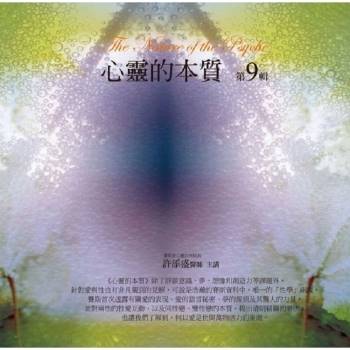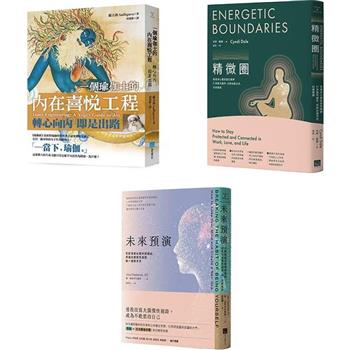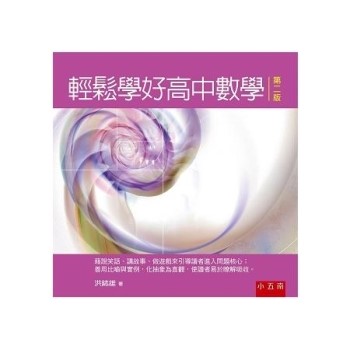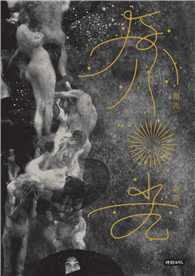This work is an anthropological study of the function of mortuary clothes in our culture. The importance of this study lies in increasing our understanding of our attitudes and behaviour in relation to clothing. Another aspect that reflects the importance of this study is the need for anthropological research dedicated to problematising issues relating to clothing. The functionalist theory developed by Malinowski was adopted as the theoretical-methodological framework and the free non-organised interview was used as the research instrument. The interviews were carried out with seamstresses who were born between the 1920s and 1940s and who live in the city of Ituverava (in the interior of São Paulo). The date of birth and location stipulated aimed to identify women who became economically active at a time and in a region when the vast majority of clothes were produced by local seamstresses due to the absence of clothing industries.
| FindBook |
有 1 項符合
Clothes and death的圖書 |
 |
Clothes and death 作者:Melo 出版社:Our Knowledge Publishing 出版日期:2024-11-30 語言:英文 規格:平裝 / 76頁 / 22.86 x 15.24 x 0.46 cm / 普通級/ 初版 |
| 圖書館借閱 |
| 國家圖書館 | 全國圖書書目資訊網 | 國立公共資訊圖書館 | 電子書服務平台 | MetaCat 跨館整合查詢 |
| 臺北市立圖書館 | 新北市立圖書館 | 基隆市公共圖書館 | 桃園市立圖書館 | 新竹縣公共圖書館 |
| 苗栗縣立圖書館 | 臺中市立圖書館 | 彰化縣公共圖書館 | 南投縣文化局 | 雲林縣公共圖書館 |
| 嘉義縣圖書館 | 臺南市立圖書館 | 高雄市立圖書館 | 屏東縣公共圖書館 | 宜蘭縣公共圖書館 |
| 花蓮縣文化局 | 臺東縣文化處 |
|
|
圖書介紹 - 資料來源:博客來 評分:
圖書名稱:Clothes and death
|










